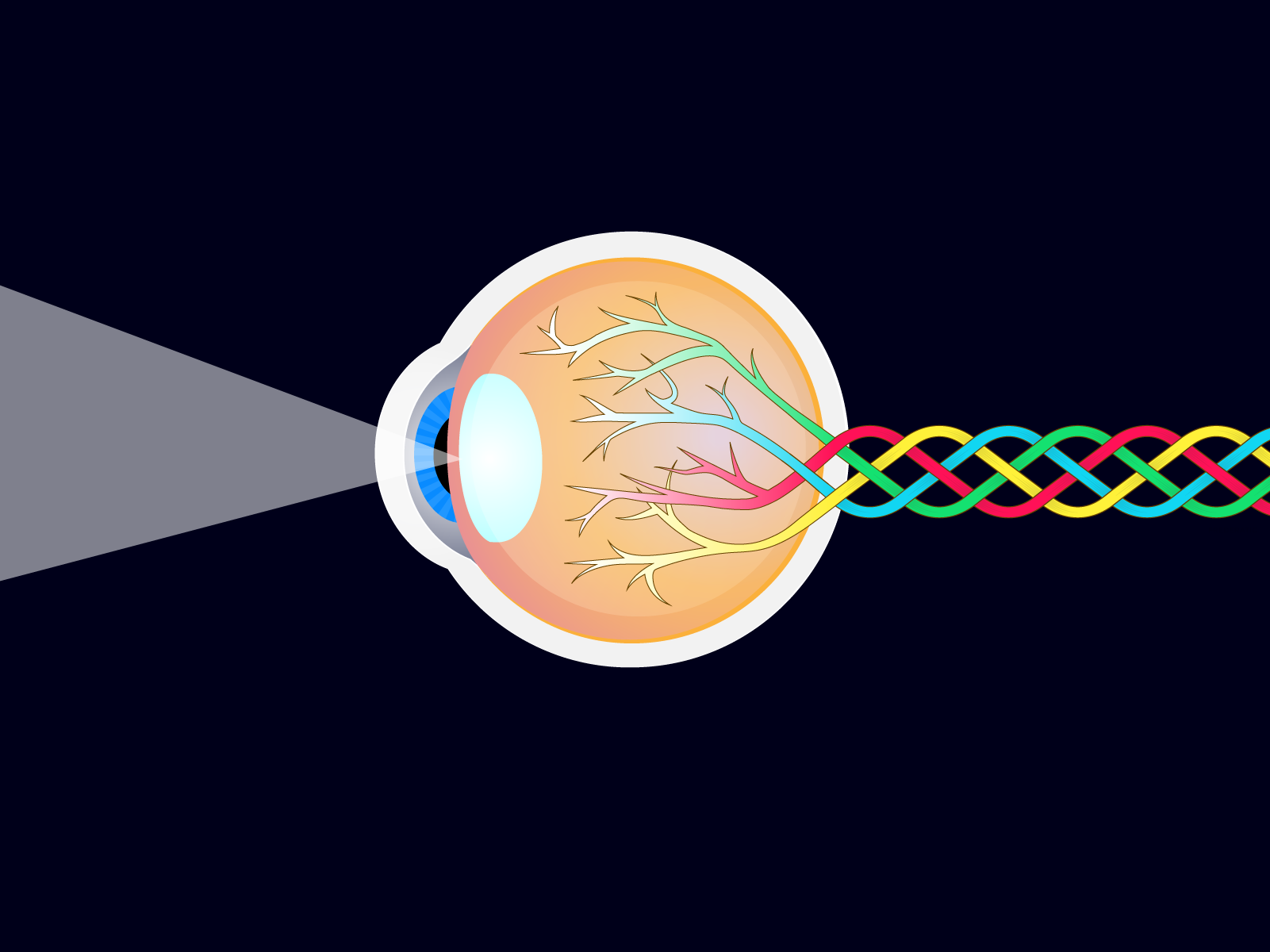Our eyes are perhaps our most important sensory organs, allowing us to see the world. Unfortunately, the eyes are not always perfect and many people have some kind of visual impairment. It is then not surprising that there are many jobs specializing in treating the eye. Furthermore, there are experts who want to understand how we see, all the way from light entering our eyes to the perception that takes place in the brain. All of this results in a multidisciplinary approach to studying the eye and vision. For those who are interested in this area, here is an overview of the various jobs one could pursue.
An optometrist is an eye doctor that can examine, diagnose, and treat your eyes. Treatments include prescribing glasses or lenses, and performing minor surgeries such as laser eye surgery. Education consists of a 4-year bachelor and 1-2 years of residency.
An ophthalmologist is a medical doctor who can perform all the functions of an optometrist AND medical and surgical procedures for eye conditions. Education consists of 6 years of medical school and 6+ years of specializing in eye diseases.
An optician is a professional who helps you try glasses, contact lenses, and other vision-correcting devices. They work in a store or an office, helping customers and patients with their eye needs. Education is more informal than the jobs above and consists of 1-2 years of training.
An orthoptist diagnoses and treats eyes, similar to an optometrist. However, orthoptists mainly focus on how the eyes work together and whether they align, for example wandering or lazy eye. Essentially a physical therapist for the eyes, they often work with ophthalmologists to provide further care. Education consists of 1-2 years of certification after a 3-4 year bachelor.
Aside from these jobs, there are also other fields where a focus on the eye and vision is possible.
Cognitive psychologists and neuroscientists, who mainly do research on the brain and it’s cognitive processes, can specialize in perception. Perception is the organization and interpretation of sensory information in the brain. This information can come from any of the senses, including the eyes – visual perception. Psychologists would focus on the more behavioral aspects, for instance how some colors are incite more happy feelings. Neuroscientists pay more attention to the physical structures in the brain involved in seeing. A major area that processes the information from our eyes is the primary visual cortex at the back of the brain. We still don’t understand this area completely. Education consists of a 3 year bachelor followed by a 1 or 2 year master, and perhaps even a PhD.
Lastly, there is a branch of physics called optics. Physicists in this field study the behavior and properties of light. The knowledge of how light interacts with matter has helped us construct devices such as microscopes, telescopes and lenses. Since our eyes use lenses to perceive light, clearly research in optics is important to us. Education takes at least 8 years to get a bachelor, master and PhD.

